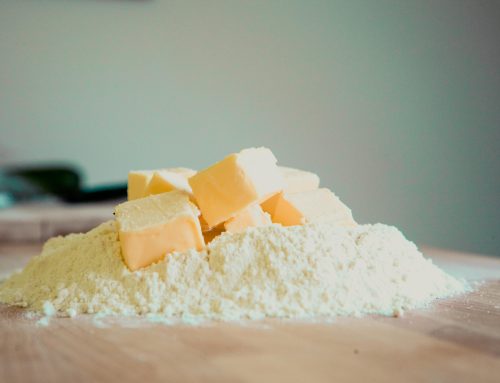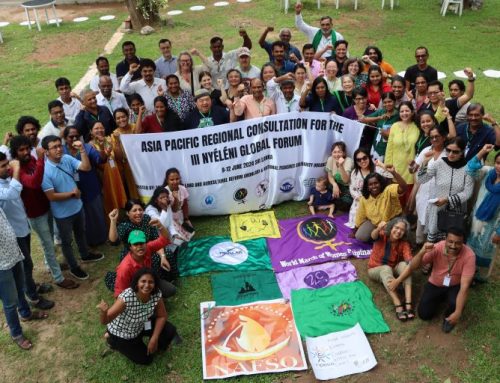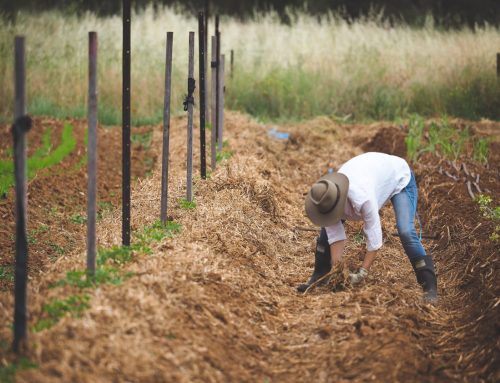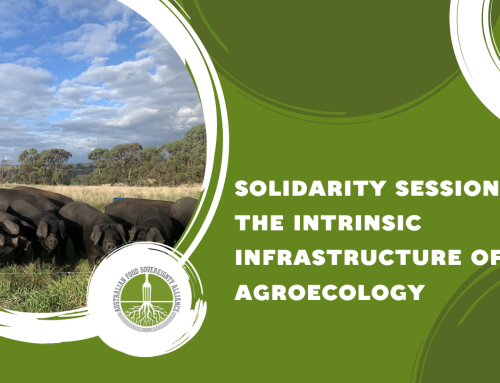The following text was delivered by legendary peasant farmer, activist, and AFSA comrade Guy Kastler, fellow member of the International Planning Committee for Food Sovereignty (IPC) and La Via Campesina, and a founding member of Confédération Paysanne in France.
* * *
Farmers are farmers of billions of microorganisms and invertebrates that populate our soils, water, air and live with and within the plants and animals we raise.
We welcome the taxonomic identification and classification efforts promoted by FAO and the Commission. But we wonder about the relevance of the value chain that is then proposed. The conservation and sustainable use of this immense biodiversity will never be guaranteed if we simply identify the last existing genes, microbes or invertebrates before they disappear, in order to reproduce bad copies with synthetic chemistry and biotechnology and then sell them to farmers and other economic operators who need them.
We farmers know that only balanced ecosystems that respect the laws of natural evolution guarantee the conservation of the right microorganisms and invertebrates that we need, which allows them to control the proliferation of pathogens. Spreading micro-organisms and invertebrates in an environment where they cannot multiply, or destroying pathogens that proliferate in an unbalanced environment without correcting this imbalance, is never sustainable.
We welcome the Commission’s ambitious programme concerning pollinators who are essential, inter alia, for the reproduction of plants that provide a sufficiently diversified and balanced diet. But pollinators are not the only insects that disappear. In Europe, the latest scientific studies confirm what we have long observed, namely that we have lost 80% of insects in the last 30 years. They add that they could all disappear from the planet within 100 years. With them, the birds that feed on them have also left. Silent spring is now a reality in our fields, the last surviving birds only fly over city rooftops and insects that are pathogenic to our crops proliferate without any predators regulating them. To avoid using the pesticides responsible for this disaster, we are forced to spread auxiliary insects that often survive only a few days in our fields… until the day we no longer have enough money to buy them.
We call on the Commission to focus first on rebalancing ecosystems to ensure the conservation and sustainable use of the diversity of micro-organisms and invertebrates rather than on the unsustainable industrial production of genes and micro-organisms that are merely a dressing designed to hide a wooden leg very temporarily.




